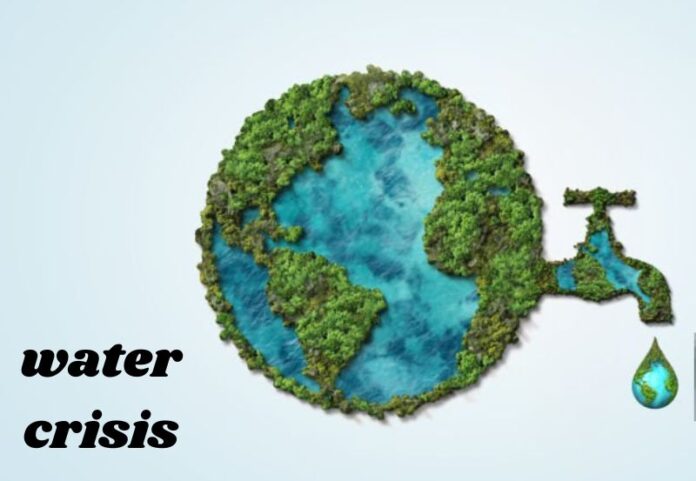Bangalore, the capital of Karnataka, recently made news for a water crisis. However, this is no longer just a problem in one city; it is a national disaster. According to recent research, six major Indian cities might soon run out of water, confirming the findings of a report published a few years ago by Niti Aayog that “Water crisis is likely to be a national issue.”
The cities that are most at risk are not minor names; they are all metro or regarded to be metro cities.
Examine the list of cities at risk and the cause of the area’s water shortage:

Cities: Mumbai
Reasons:
- Increased water demand.
- Rainfall patterns are unpredictable.
- Water reservoirs are shrinking.
- Rapid urbanization has occurred.
- Insufficient infrastructure.
- Inefficient water management.
- Depleting reserves for supplying lakes.
- There are no alternative sources available.
Cities: Jaipur
Reasons:
- Increasing population.
- Developing industries.
- The dam transition has resulted in a reliance on groundwater.
- Aquifers are rapidly being depleted.
- Water scarcity is getting worse.
Cities: Bathinda
Reasons:
- Excessive agricultural water use.
- Groundwater levels are declining.
- Groundwater is heavily relied upon for irrigation.
- Poor water management methods.
- Aquifers have been significantly depleted.
Cities: Lucknow
Reasons:
- High groundwater extraction rates.
- Urbanization leads to groundwater depletion.
- Rainfall is erratic.
- Drying the Gomti and its tributaries.
- A large network of public and private tubewells.
Cities: Chennai
Reasons:
- Exposure to harsh weather conditions.
- Rapid industrialization and urbanization.
- Despite heavy rainfall, the region is prone to severe water emergencies.
- Recent rainfall increases are insufficient to mitigate future problems.
City: Delhi
Reasons:
- Acute water crisis throughout summer.
- The Yamuna River is contaminated.
- Groundwater depletion.
- Sixty percent of the water comes from filthy Yamuna.
- Water quality improvement is critical for resolving difficulties.
While these cities are at risk, there are a few resorts that can assist in mitigating the risk of day zero. These include water conservation, technological investments, rainwater harvesting, and so forth. All of these cities can take these steps to protect themselves against the crisis that is coming.
Investing in Water Infrastructure: To increase the effectiveness of water distribution, lower leakage, and better manage water resources, upgrade and extend the water infrastructure. This comprises investments in reservoirs, pipelines, treatment facilities, and distribution networks.
Rainwater Harvesting: Encourage rainwater harvesting practices at the individual and community levels to gather and store rainwater for later use. In times of shortage, this can help supplement the water supply.
Sustainable groundwater management strategies should be put into practice, such as controlling extraction rates, encouraging recharge methods like percolation pits and recharge wells, and keeping an eye on the quality of groundwater.
Policy Reforms: Implement and implement water management rules that promote equitable distribution, discourage wasteful consumption, and incentivize water efficiency. This could include pricing systems, limits on groundwater extraction, and tougher enforcement of water quality standards.
Wastewater Treatment: Improve wastewater treatment infrastructure to treat household, industrial, and agricultural wastewater before it is discharged into water bodies or reused for non-potable uses. Using tertiary treatment procedures such biological nutrient removal and enhanced oxidation,
Reuse and Recycling: Enact laws and develop strategies to promote the recycling and reuse of treated wastewater for applications including industrial operations, environmental restoration, and irrigation. It is possible to reduce the burden on freshwater resources and ease the water shortage by creating decentralized wastewater treatment systems and greywater recycling programs.
India may solve its water problem and assure water security for its urban inhabitants by employing a combination of these strategies suited to each city’s unique demands and challenges.
Conclusion: The water crisis in Indian cities such as Mumbai, Jaipur, Bathinda, Lucknow, Chennai, and Delhi is a critical national issue. To overcome this difficulty, a variety of measures can be done by adopting these solutions collaboratively, India can protect its water future and provide clean water to urban populations. Immediate action, combined with long-term commitment, is required to overcome this major issue and protect this unique resource for future generations.
